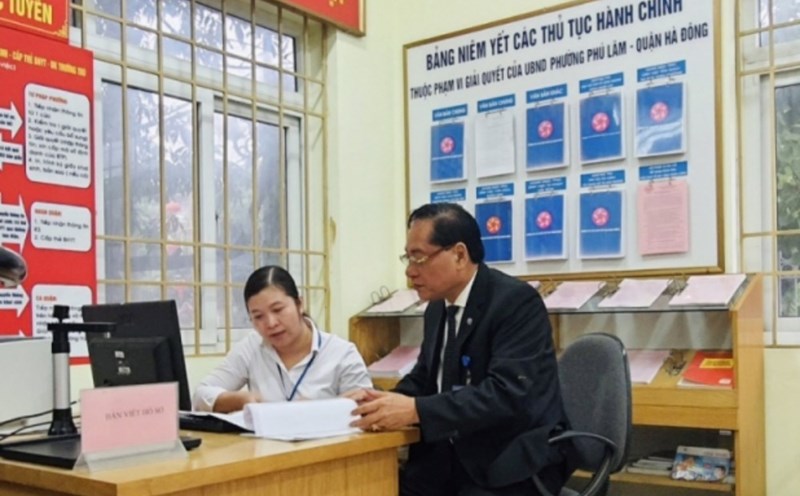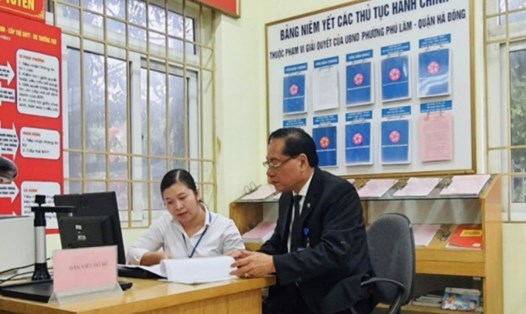Authorized by the Prime Minister, Minister of Home Affairs Pham Thi Thanh Tra signed the Government's submission on the draft Law on Cadres and Civil Servants (amended) to the National Assembly.
The draft Law consists of 7 chapters and 52 articles, a reduction of 35 articles compared to current regulations; expected to be considered and approved by the National Assembly at the 9th Session in May.
The notable content in the draft Law on Cadres and Civil Servants (amended) that has just been finalized and sent to the National Assembly is the amendment and supplementation of regulations on civil servant assessment.
New assessment method to form a mechanism for screening civil servants based on specific results and products. The draft Law also has provisions to handle cases of civil servants who do not complete their tasks.
The amendment and supplementation of the above contents aims to overcome the "lifetime institutions" regime.
The draft law devotes a category on civil servant evaluation. The principle of the assessment with civil servants must base on the political, ethical, results and products according to the requirements of the job position, the level of meeting the requirements of the job position.
The evaluation results are the basis for arranging, using, appointing, training, fostering, rewarding, disciplining and implementing policies for civil servants.
According to the draft Law, this assessment ensures screening and removal from work positions for those who do not meet the requirements for performing public duties.
The assessment of civil servants is carried out by the civil servant management agency or the agency employing the civil servant according to decentralization.
Civil servants are periodically assessed annually and assessed before being appointed, reappointed, planned, and transferred; after the end of the rotation and secondment period.
The draft Law also stipulates that the head of the agency employing civil servants shall arrange, assign, and assign specific tasks to each civil servant according to the job position under his/her management as a basis for evaluating civil servants.
The evaluation of civil servants is based on the results of performing each assigned task and work of the month, quarter, 6 months, and year; expressed in quantity, quality, and progress of products according to job position; ensuring publicity, democracy, objectivity, and impartiality.
Along with that, the drafting agency also sets out the requirements, the assessment of civil servants must actually, clearly defining the level of ranking to have a basis for implementing the remuneration policies and respect for people with outstanding qualities and capacity, with many achievements and contributions to agencies, organizations and units; At the same time, to screen and resign for non -meeting civil servants of the job position.











